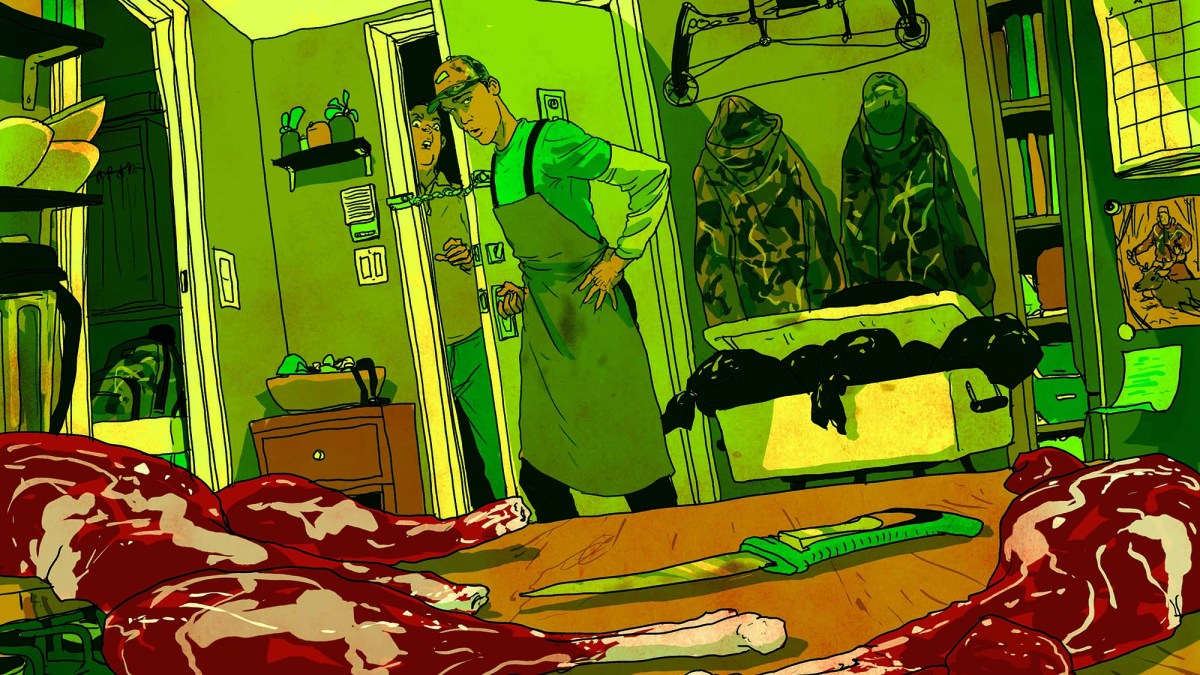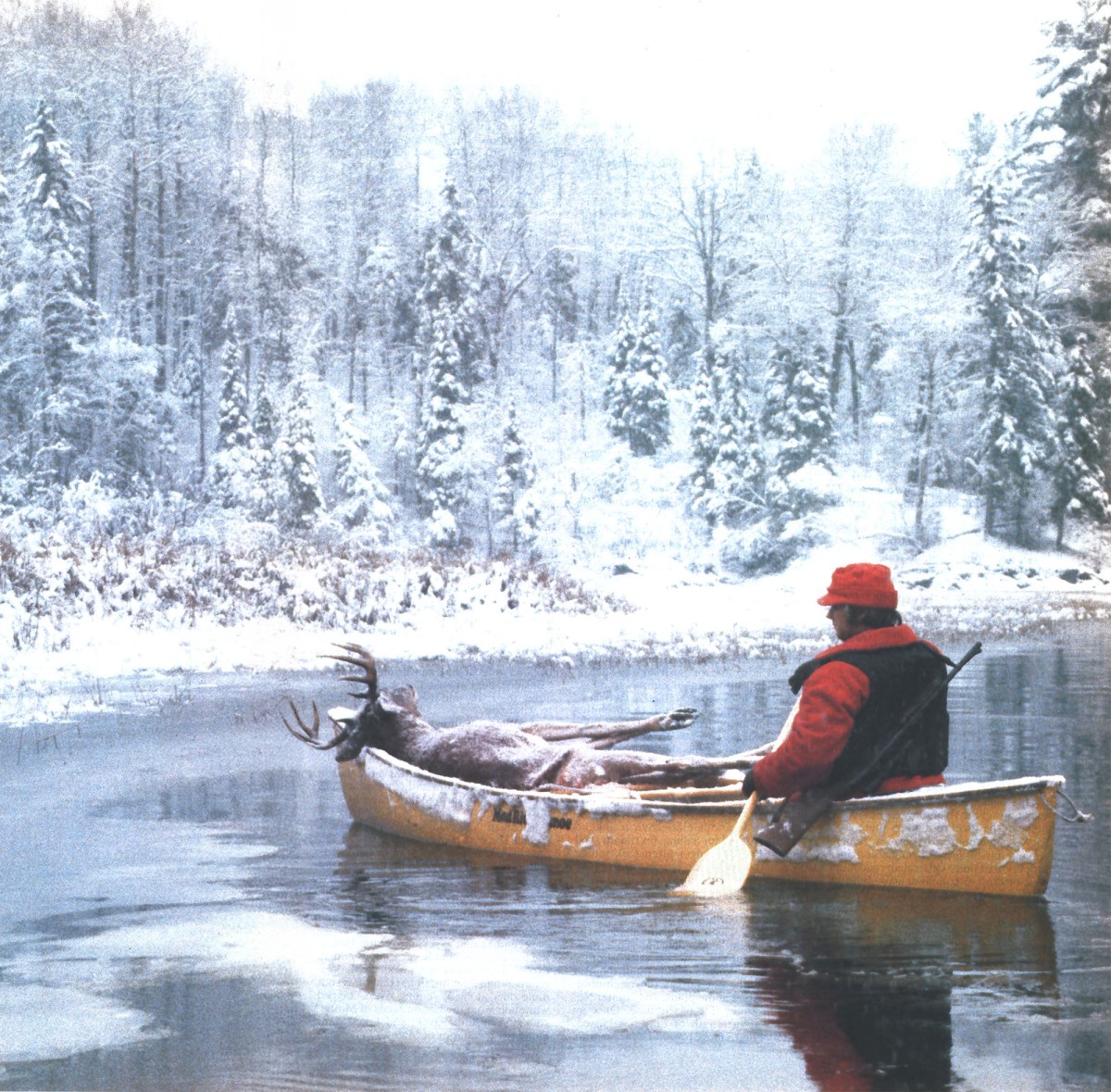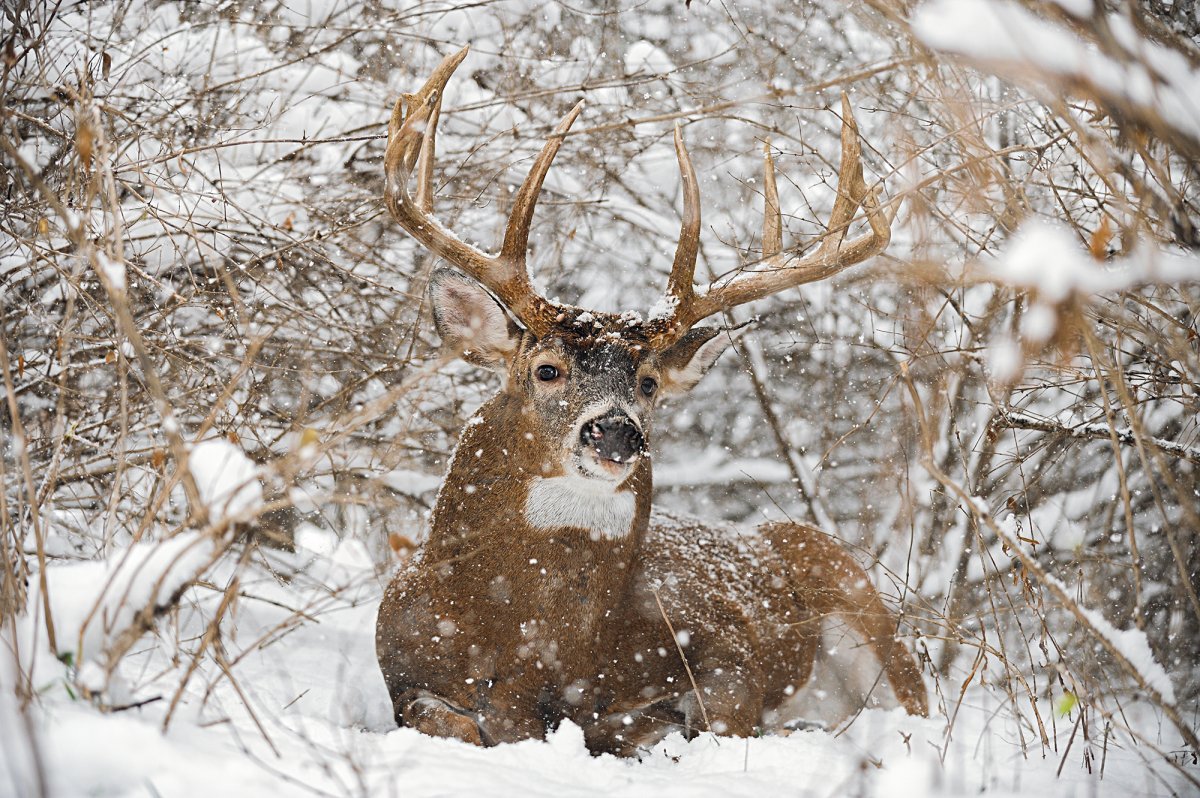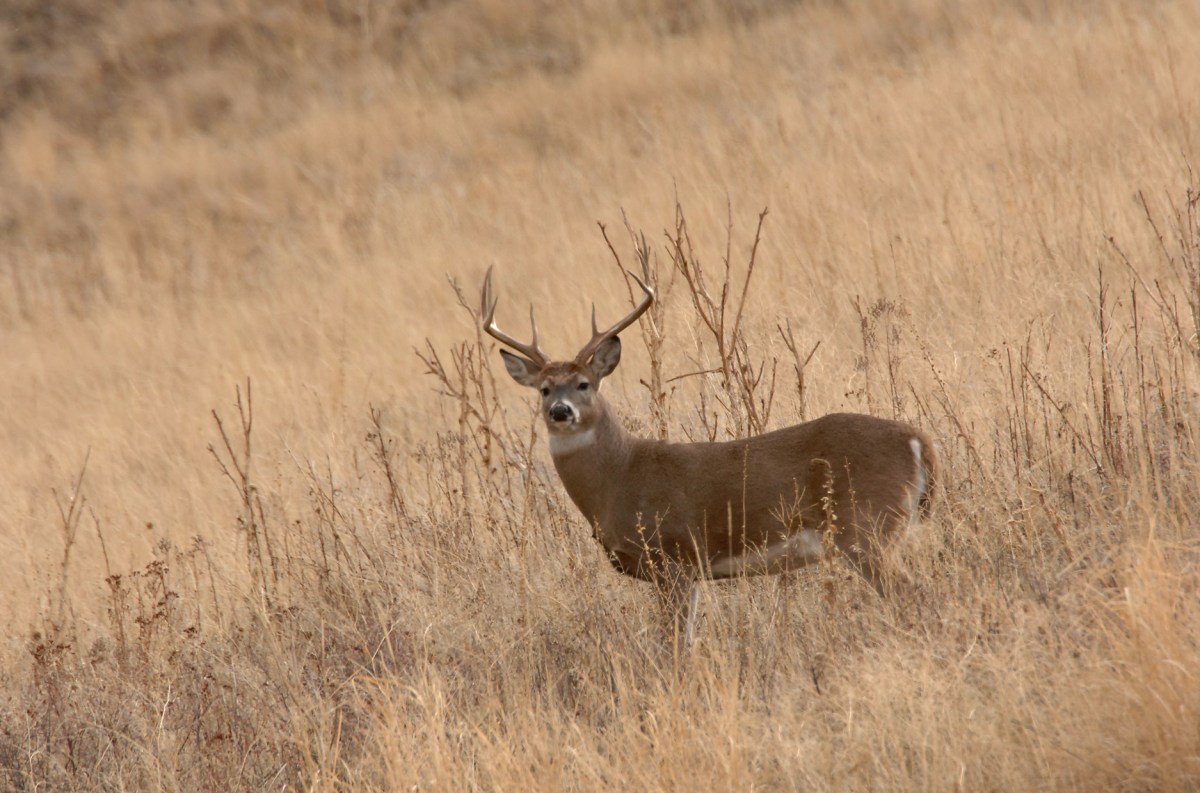Wisconsin DNR Warns Hunters Not to Eat Mallards Shot in Green Bay. But What Happens When Contaminated Ducks Migrate?
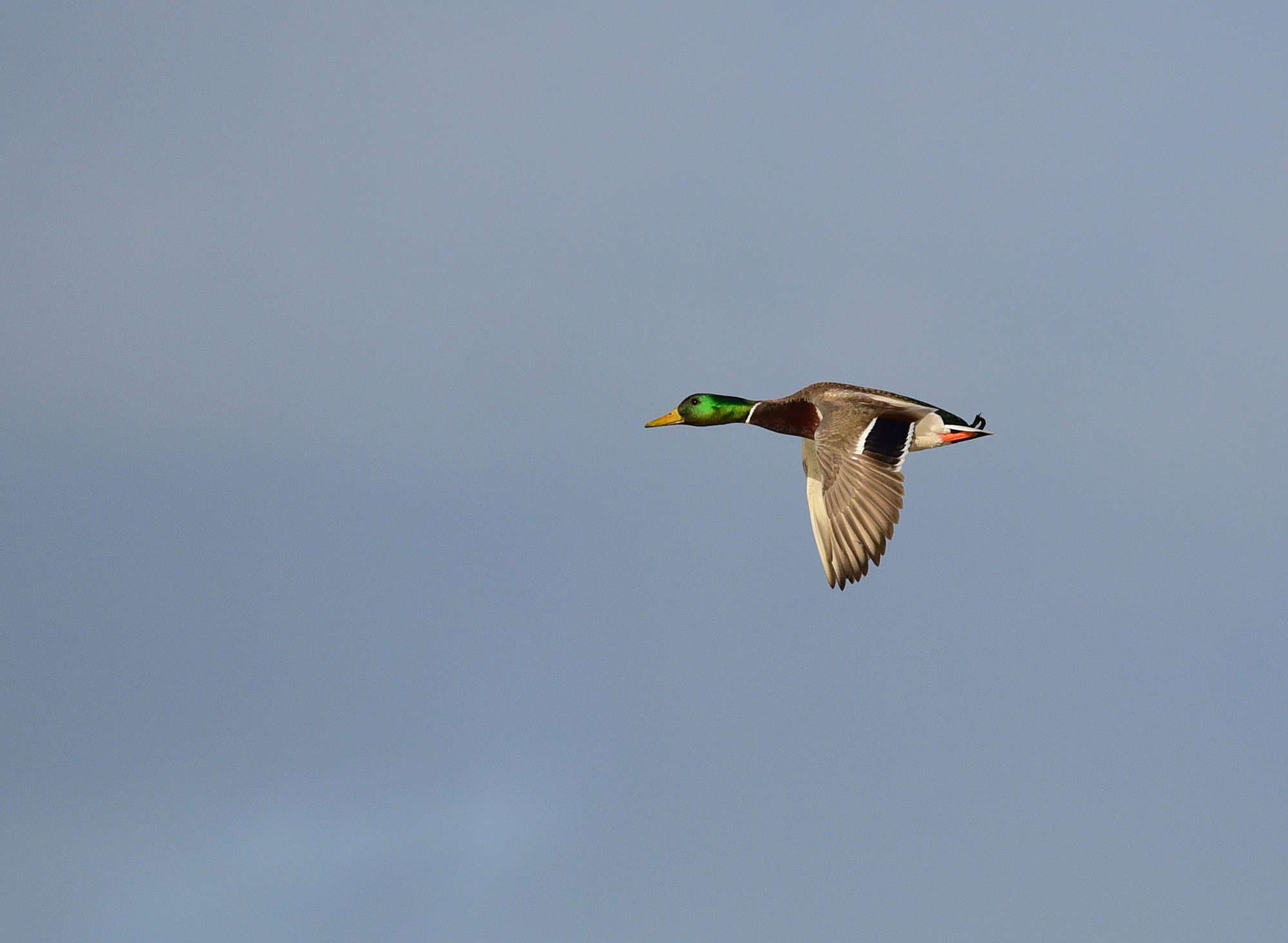
The Wisconsin Department of Natural Resources issued two advisories last week around forever chemicals contaminating fish and game meat. The DNR issued a “Do Not Eat” PFAS-based consumption advisory for all fish species caught in the Moen Chain of Lakes, in the northern part of the state. The department also advised hunters to only consume venison once per month from deer that were harvested within a 5-mile radius of the area.
Equally concerning is the department’s advisory to not eat mallards shot in southern Green Bay, and to only eat wood ducks and mallards harvested throughout the rest of the Bay once per month.
PFAS (per- and poly-fluoroalkyl substances) are a group of human-made chemicals that are used in the manufacturing of a wide array of products. Health issues from PFAS contamination range from thyroid diseases, to increases in cancer risk, to lower infant birth rates. In January, New Mexico officials warned hunters who had consumed duck meat from a recently-discovered advisory area to call their doctors immediately.
We recently published a feature about consuming game meat with PFAS contamination and health experts said that the risks were about similar to those associated with eating meat from domestic livestock. The exception is game meat from animals harvested in advisory areas, like those mentioned above.
The trouble is that ducks migrate, of course. According to the Wisconsin DNR, duck breast muscle samples were collected from the area in 2022 and 2023 to test for PCBs and PFAS. The sampling occurred between the months of July and August, to ensure that the tests were done on local ducks, which turned out to be contaminated.
But ducks don’t understand the advisory boundary lines drawn by the DNR. It’s likely that mallards could travel from the south end of the bay to the north side, and vice versa. Or they could hop over to a nearby marsh or pond. Plus, those local Green Bay ducks will migrate down the flyway later this fall and could be shot by hunters in Illinois, Arkansas, or who knows where.
So what should hunters make of all this? The experts OL interviewed said it doesn’t make much sense to stop eating wild game over concerns of forever chemicals.
“There is an attitude of, ‘I’ve been doing it this long, I’m already toast,’” scientist and environmental epidemiologist Dr. Courtney Carignan, an assistant professor at Michigan State University, told Outdoor Life.The best thing hunters and anglers can do is to push their legislators to aggressively clean up forever chemical contaminations (a PFAS plume was discovered in Green Bay in 2023 after the pollution leaked from a plant that manufactures firefighting foam). Hunters should lobby for their states to increase PFAS testing (as not all states do).
“I get why people think, ‘Maybe I would like to go back to not knowing,’” Carignan said. “But it’s important to know because that’s how you protect yourself and your family.”
Read the full article here




